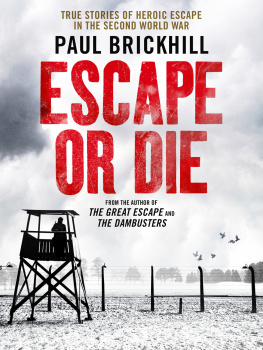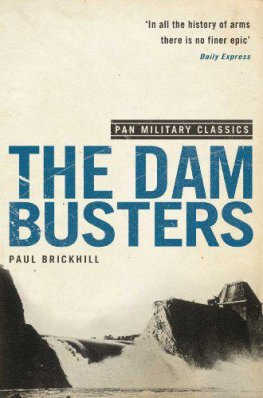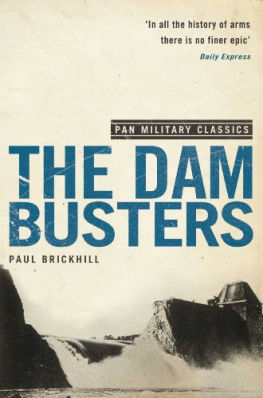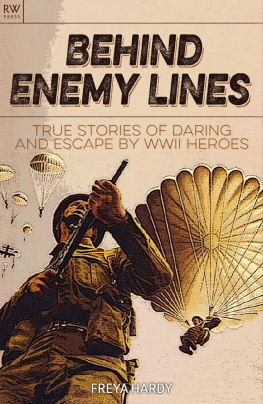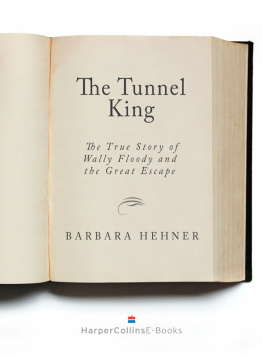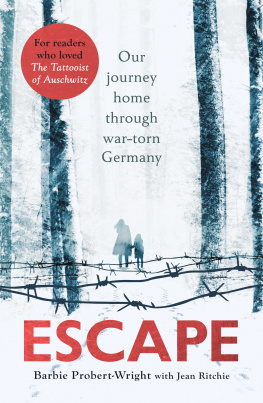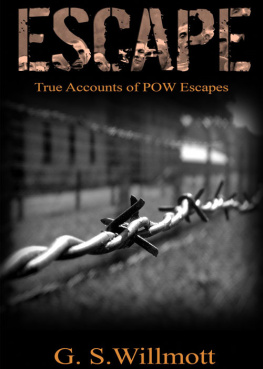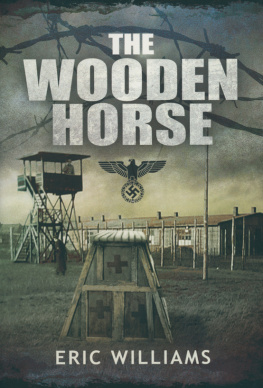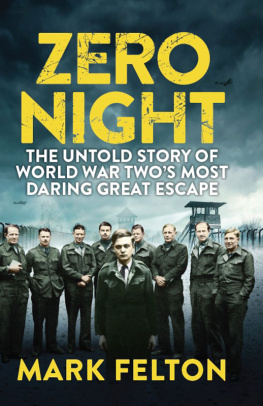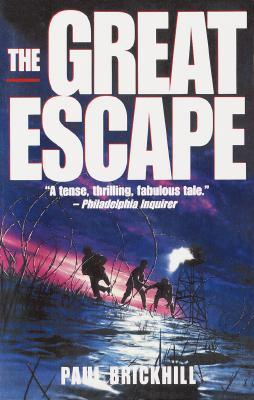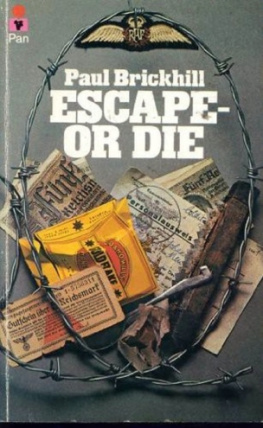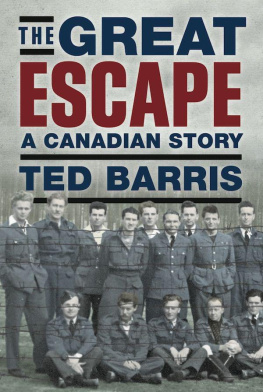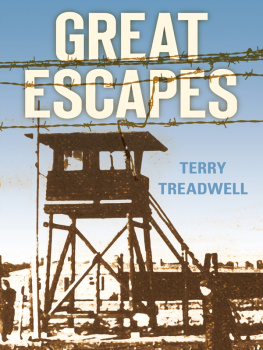Escape or Die
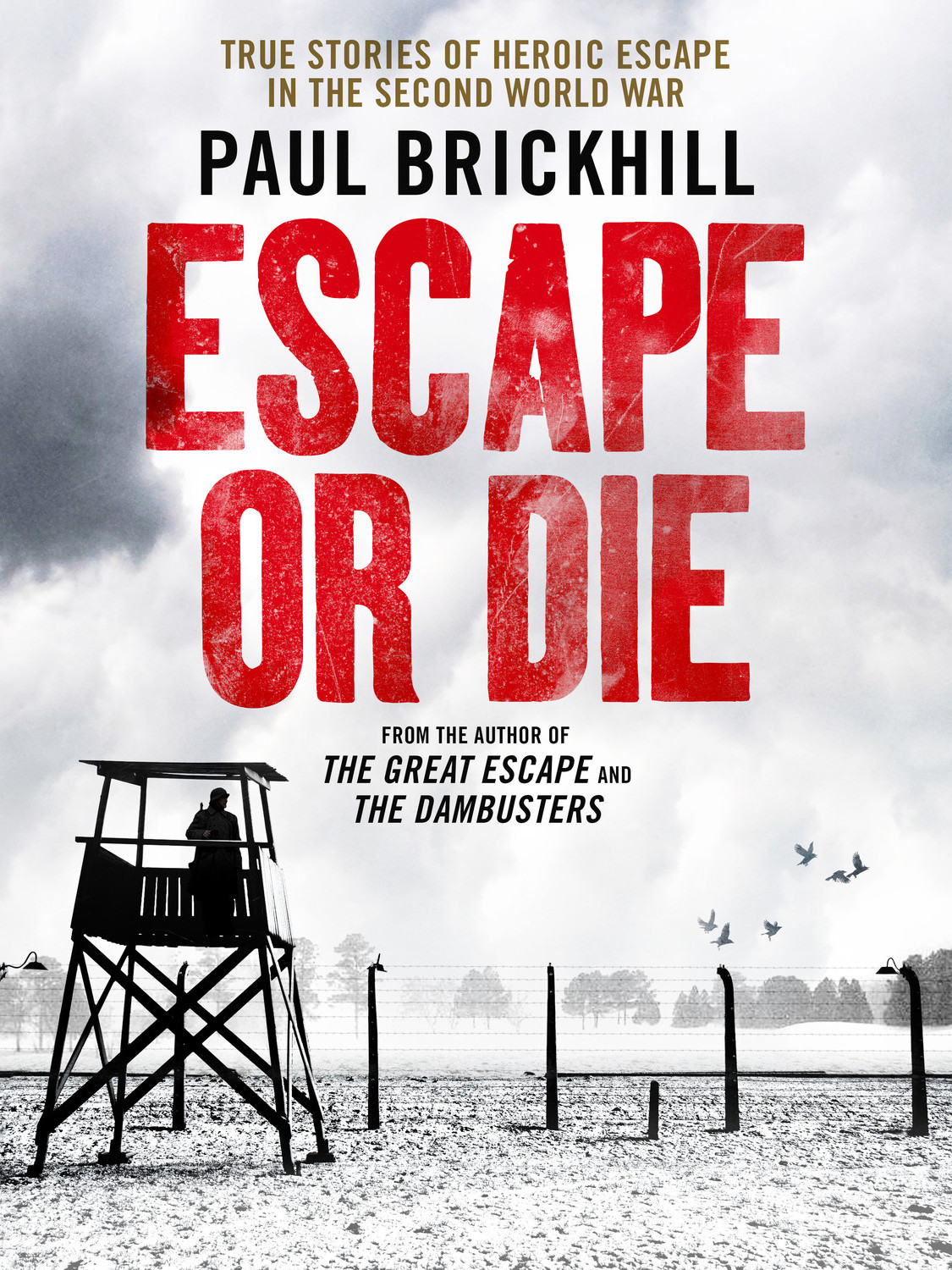
Disclaimer
This book contains views and language which are a product of the time in which the book is set. They have been retained in order to preserve the integrity of the text.
Foreword
The fact that so many Royal Air Force prisoners of war managed to escape in World War II and that so many shot-down airmen successfully evaded the enemy was due partly to escape training and partly to the efforts of thousands of civilian men, women and even children. Many of these civilians, living in their own countries under a regime of terror, helped our men with a most remarkable cold-blooded courage. Often they risked much more than the escaping or evading airman. If the airman were caught he would become a prisoner of war, but the civilians who helped him faced sudden death and torture.
At the end of the war the Royal Air Force Escaping Society, of which I am Chairman, was formed as an act of gratitude by those who got away. While it acts as a focus and as a means of reunion for its members, its main object is to repay some part of the debt we owe to our former civilian allies, especially to the widows and orphans of those who died trying to help us in France, Belgium, Holland, Italy and in the Far East.
Already we have brought many orphans to this country for a holiday. We have helped widows afflicted by sickness or want. We have managed to give a training for a career to some of the sons of the heroes whose sacrifice it was to help our cause. To that end, Paul Brickhill has undertaken the writing of this book, to help to provide much-needed funds for the societys work, and I am grateful to him for having undertaken the task.
Basil Embry
Escape
by H. E. Bates
It is well known, I think, that when a member of the armed forces of this country is captured by an enemy in time of war it is his duty, by all possible and reasonable means, to escape. International law compels him to give the enemy no other information about himself than his name, rank and number; but when he has done this the war, for him, does not end. It begins all over again: to be fought under a new set of rules, in the new set of circumstances, and above all without the comforting assistance of lethal weapons. The captor has the guns, the bullets, the mines, the tear-gas, the searchlights, the spies, the traps, the barbed wire, the dogs and all the countless refinements of mental oppression that make life in prison compounds a special sort of hell. Against these things the captive has only his wit, his resource, his inventiveness, his brains, his endurance, his humour, his luck if fate allows him any and perhaps most important of all his mental attitude. This may well be of the kind that makes for heroism. It is much more likely to be of the kind that generates pure cussedness. And pure cussedness, among prisoners of war, is incontestably a weapon of the highest value. It enables the captive to make a devil of a nuisance of himself; it is his most consistent way, even if all others fail, of continuing to harass the enemy.
To these obvious facts the R.A.F., more than any other part of this countrys fighting forces during the Second World War, brought a special attitude of its own. I do not think it was a braver, more ingenious, more determined, or more resourceful attitude than that shown by men in other services. It certainly excelled in pure cussedness; it was also rich in invention and defeatless humour; but above all it was shaped and governed by a special set of circumstances that had never applied to a British fighting force in wartime before. The fall of France in 1940 was in great part responsible for these circumstances, and they are so obvious that it would, for that very reason, be easy to overlook them.
When the continent of Europe became a great mass of enemy-occupied territory with only a few precarious friendly or neutral pockets, leaving Great Britain the only remaining fighting base from which the enemy could be attacked, the R.A.F. found itself in a curious position. It began to fight from its own back door. Whereas in other wars men had gone out from Britain to tackle enemies well out of sight of home, the R.A.F. now found itself having tea in the calm summer air of an English village at four oclock, fighting in a highly specialised theatre of its own at 20,000 feet at half-past, and returning to take a telephone call from an inquiring girlfriend at five. A man could be watching Miss Ginger Rogers enchanting legs on a cine screen between tea and dinner and then be dead, a prisoner or a confused shot-down wanderer, hundreds of miles away, before bed-time. The necessity of leading such a life of sandwiched peace and frenzy, love and tracer bullets, cool beers on English lawns and stratospheric bloodiness, all under pressure of violent change, had a strange effect of unworldly tautness on the faces of flying men that will never be forgotten by those who knew them well.
The effect of these circumstances on the outlook of R.A.F. fighting men was bound to be highly varied, but presently we were meeting in England with a general type later to be met with in all other theatres of war who had solved, at least as far as onlookers could judge, this curious problem of abnormality in living. He brought to it a refined attitude of understatement, a desire to be casual in a low key that was well expressed in his language. He no longer crashed an aircraft; he pranged or wrapped it up. He no longer fought a gallant action; it was a good show. He no longer died; he bought it. All these things united to become a legendary synonym for acute Britishness. The more closely and harshly war impinged on life the more smoothly, casually and cryptically were the fears of it wrapped up in the veil of language and the cloak of behaviour. War was an embarrassment that simply ought not to be mentioned.
All this was really another expression of an age-old British reluctance to make a fuss about things; but its acutely specialised form among flying men had some highly interesting effects. It made them, when captured, the most reluctant of prisoners; it was suddenly very annoying not to be able to ride home to tea; it was absolutely infuriating to be keeping a date with a Nazi rifle instead of one with a brunette in a cafe at Canterbury. It also, I think, made the R.A.F. singularly unprepared for capture, just as they were mentally unprepared for subjection anyway. A soldier, blazing away at a local enemy from a fox-hole, must inevitably carry in his mind, however much he hates it, the idea that the situation may suddenly turn very nasty and put him behind barbed wire. The R.A.F. found the same prospect constitutionally difficult to accept: so much so that when I asked the author of this book why flying men, especially bomber pilots, did not go over Germany wearing fully prepared civilian disguise under their flying suits, so that they could begin organised escape immediately on hitting German soil instead of afterwards toiling in tunnels, he remarked that he supposed no R.A.F. man ever had a final and absolute belief that he would be shot down, and that if by some unfortunate accident he were, he would never be captured anyway. One story in this book, the excellent one by Group Captain John Whitley, is a proof of this as well as its exception. Group Captain Whitley went elaborately prepared. He was one of those who made a will while healthily refusing to accept the idea of death. He violently rejected, says Mr Brickhill, the idea of being captured. For most captured flying men, however, one simple fact did not become apparent until long afterwards. We did not grasp until it was too late, one said, that the moment we hit German soil was the moment for which we were afterwards to work so sweatily, bitterly and ingeniously, and often with such terrible disappointments, to re-achieve. In other words, very few men grasped that their arrival on enemy soil was really a state of freedom. It was only from behind the barbed wire of compounds that they looked out and planned with such meticulous care and risk the business of getting back to the very point from which they had started. How meticulously and ingeniously they did plan it all readers of Mr Brickhills

